Alzheimer's disease (AD) is like an electrical "brown out" that develops as energy production in certain brain cells begins to fail. Using nutritional tools makes it possible to resuscitate mitochondrial energy production and either stabilize or improve symptoms. Drugs are of known minimal value and they also have plenty of side effects. Lifestyle strategies such as mental and physical exercise can delay or prevent the onset of AD and should always be part of an AD treatment regimen. It is also important ot know that there are many prescription medications that are "anti-cholinergic" that are discussed in the video below that can aggravate symptoms and should be avoided.
Alzheimer's Disease
Alzheimer's Disease Overview
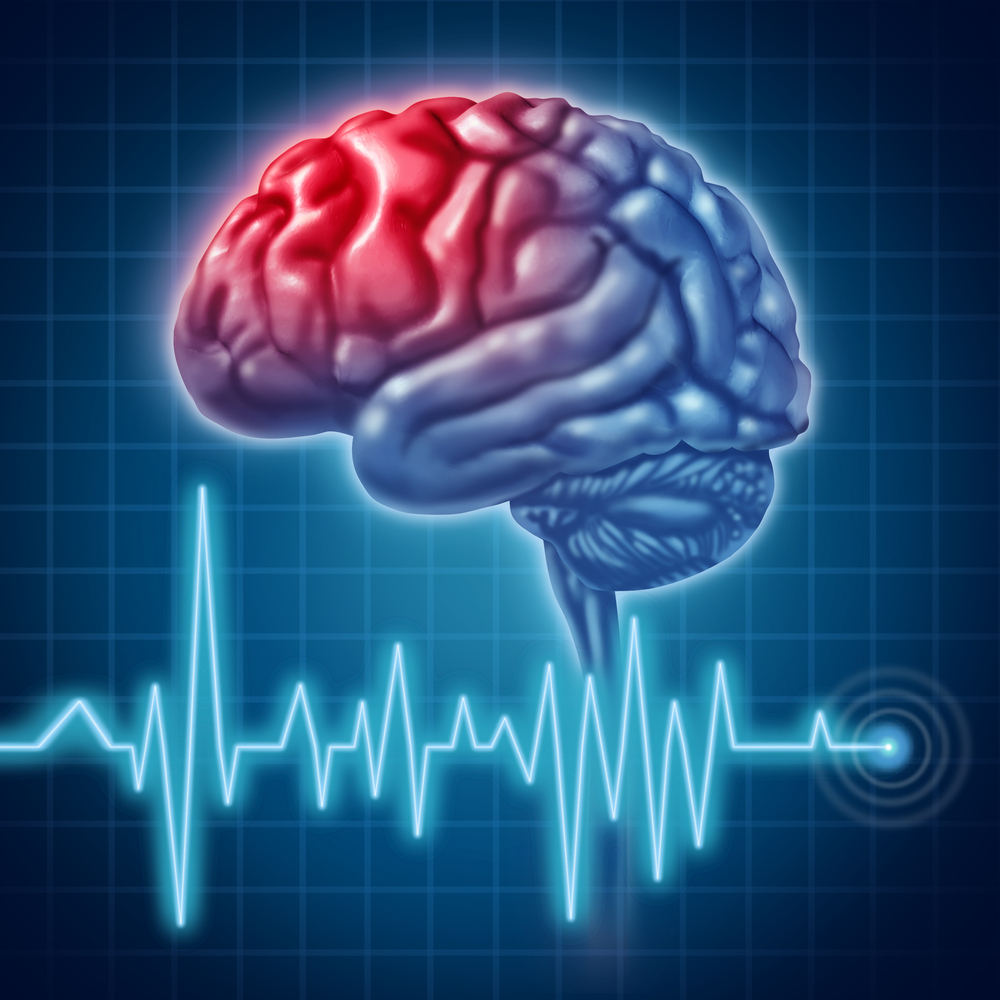 Alzheimer's disease (AD) develops as energy production in certain brain cells begins to fail. Using nutritional tools that are presented that may make it possible to resuscitate energy production and improve symptoms. Drugs are of minimal value and they also have side effects. Lifestyle strategies such as mental and physical exercise can delay or prevent the onset of AD. There are many prescription medications that are "anti-cholinergic" that are discussed that can aggravate symptoms and should be avoided.
Alzheimer's disease (AD) develops as energy production in certain brain cells begins to fail. Using nutritional tools that are presented that may make it possible to resuscitate energy production and improve symptoms. Drugs are of minimal value and they also have side effects. Lifestyle strategies such as mental and physical exercise can delay or prevent the onset of AD. There are many prescription medications that are "anti-cholinergic" that are discussed that can aggravate symptoms and should be avoided.
Take our Free Alzheimer's Disease Health Assessment!
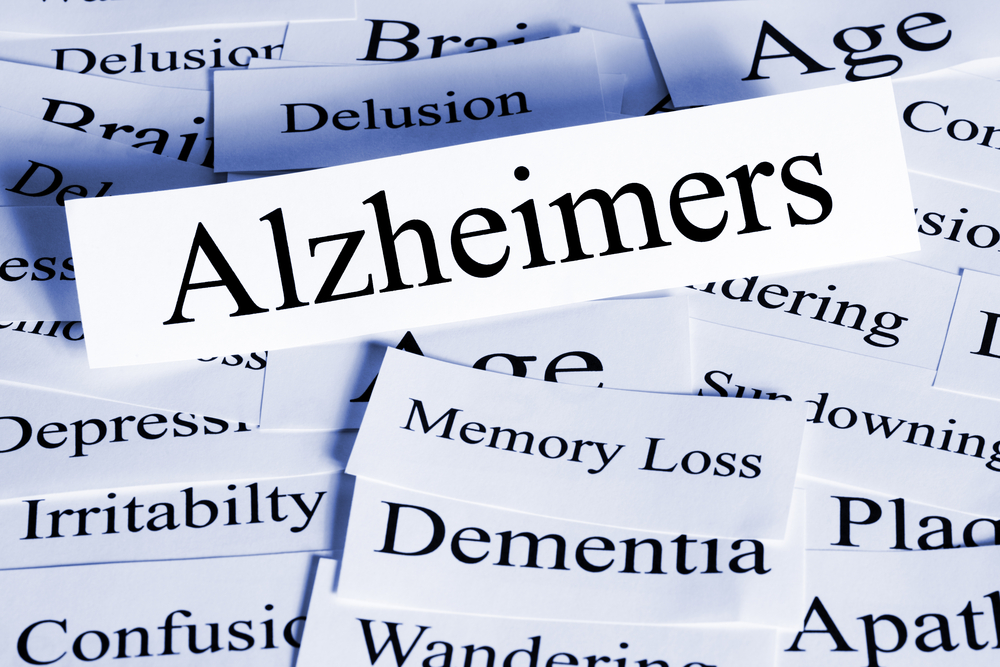 Our extensive Alzheimer's Health Assessment delves into how this disease affects your lifestyle, what drugs and supplements you are using to manage its symptoms, how thorough a work up was done to make the diagnosis, and how you can cope with this disease.
Our extensive Alzheimer's Health Assessment delves into how this disease affects your lifestyle, what drugs and supplements you are using to manage its symptoms, how thorough a work up was done to make the diagnosis, and how you can cope with this disease.
Take our Alzheimer's Disease Health Assessment
Treating Alzheimer's Disease with Light
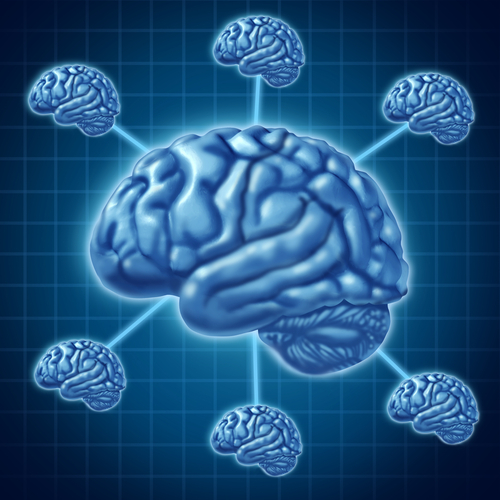 A study published in the January 2016 issue of Frontiers in Neurosciencereports that near infrared light can lessen the behavioral deficits associated with Alzheimer's disease but also has neuroprotective effects and can slow the underlying death of brain neurons. Considering that treatment of Alzheimer's disease is all but non-existant, this is big news. We know that the effects of exercise and keeping the brain active both socially and in problem solving helps slow down the progression of this disease, there is a pressing need for more powerful approaches to managing this dreaded disease.
A study published in the January 2016 issue of Frontiers in Neurosciencereports that near infrared light can lessen the behavioral deficits associated with Alzheimer's disease but also has neuroprotective effects and can slow the underlying death of brain neurons. Considering that treatment of Alzheimer's disease is all but non-existant, this is big news. We know that the effects of exercise and keeping the brain active both socially and in problem solving helps slow down the progression of this disease, there is a pressing need for more powerful approaches to managing this dreaded disease.
Ten Strategies to Prevent Alzheimer's Disease
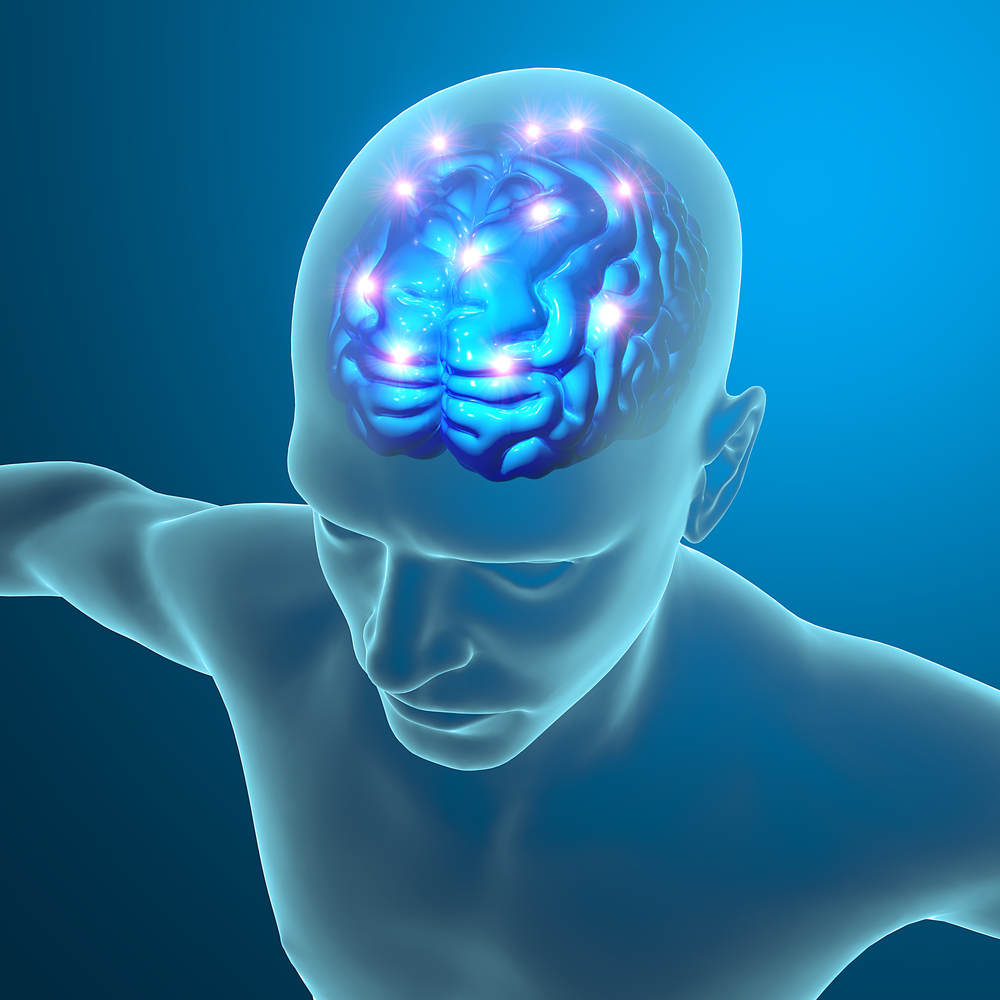 We tend to focus on what causes Alzheimer's disease and how to treat it, but what about how to prevent it? The UCLA Center on Aging has come out with 10 strategies to prevent this common disease. These strategies include coffee, flossing your teeth, keeping your brain active, exercise, omega 3 fatty acids, low stress, adequate sleep, weight control, B vitamins, low alcohol consumption, consuming apple juice, avoiding head trauma, meditation, taking vitamin D supplements, and avoiding chronic infections
We tend to focus on what causes Alzheimer's disease and how to treat it, but what about how to prevent it? The UCLA Center on Aging has come out with 10 strategies to prevent this common disease. These strategies include coffee, flossing your teeth, keeping your brain active, exercise, omega 3 fatty acids, low stress, adequate sleep, weight control, B vitamins, low alcohol consumption, consuming apple juice, avoiding head trauma, meditation, taking vitamin D supplements, and avoiding chronic infections
10 Strategies to Prevent Alzheimer's Disease
Vitamin D3 Helps Clear Amyloid in Alzheimer's Disease
 Vitamin D3 and curcumin stimulate macrophages to clear the beta amyloid from the brain of patients with Alzheimer's disease according to an article published in the March issue of the Journal of Alzheimer's Disease. Low levels of vitamin D3 are associated with Alzheimer's disease.
Vitamin D3 and curcumin stimulate macrophages to clear the beta amyloid from the brain of patients with Alzheimer's disease according to an article published in the March issue of the Journal of Alzheimer's Disease. Low levels of vitamin D3 are associated with Alzheimer's disease.
Researchers studied macrophages isolated from patients with Alzheimer's disease and healthy controls. They incubated these cells overnight with amyloid beta, some in the presence of vitamin D3 and/or curcumin. They discovered that vitamin D3 activated a specific chloride channel that is needed to clear amyloid beta. Vitamin D3 was a powerful stimulant and curcumin was weak, but had activity.
Information from the NHANES 111 report showed that vitamin D3 deficiency is associated with an increase risk for cognitive impairment in older Americans.
Nutrients that Improve Memory in Alzheimer's Disease
 MIT studies have shown that a combination of choline, uridine, and DHA can improve memory in patients with early Alzheimer's disease by stimulating the growth of new synapses. About 40% of patients who consumed this cocktail improved on a test of verbal memory. It does not work on moderate or severe cases.
MIT studies have shown that a combination of choline, uridine, and DHA can improve memory in patients with early Alzheimer's disease by stimulating the growth of new synapses. About 40% of patients who consumed this cocktail improved on a test of verbal memory. It does not work on moderate or severe cases.
There are several other approaches that may improve this memory loss that include niacinamide, curcumin, vitamin D3, coconut oil, as well as vitamins B12, E, and C.
The causes for Alzheimer's disease are controversial and include, buildup of toxic beta amyloid proteins, tau protein tangles, the APOE-4 gene, electrical brownout, flu shots (mercury and aluminum), high sugar intake (causes inflammation and glycation), low levels of antioxidants, and vitamin D3 deficiency (clear beta amyloid).
Drug Treatment for Alzheimer's Disease is Lacking
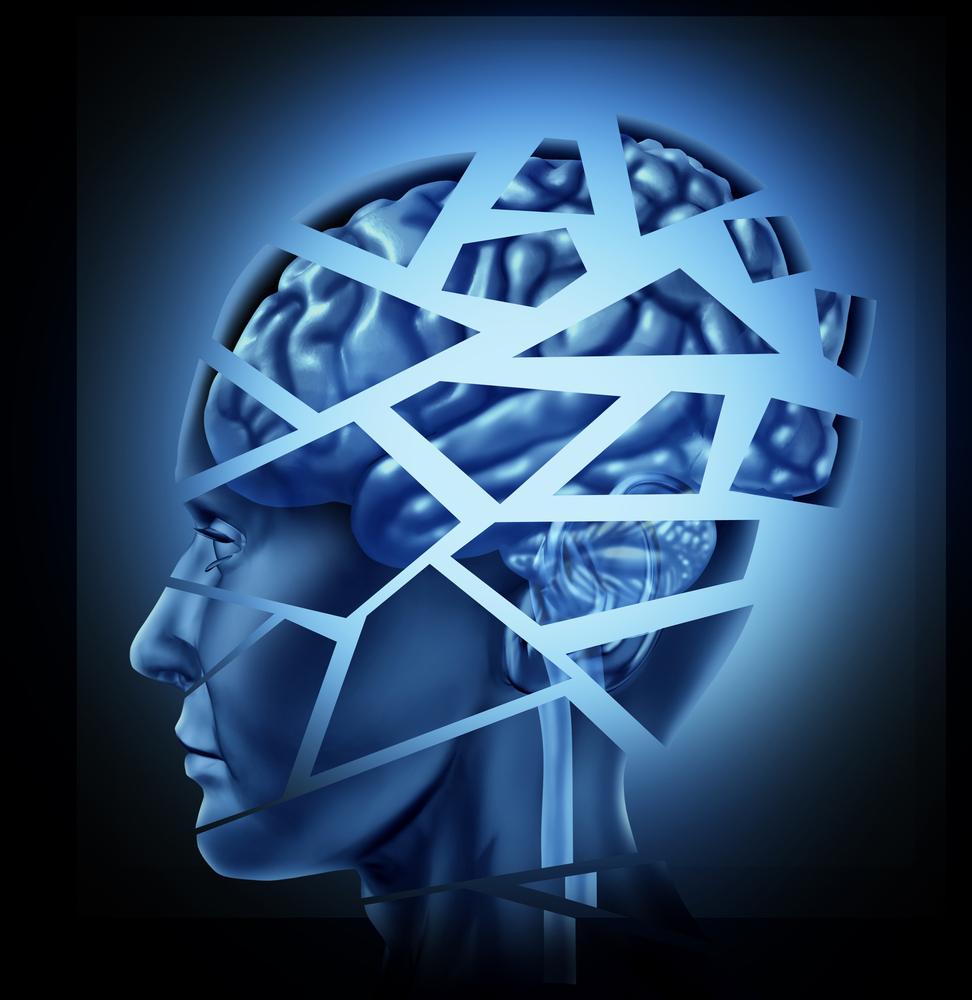 Drugs developed to treat Alzheimer's disease produce only fleeting memory improvements and do not slow the overall course of the disease. Acetylcholinesterase inhibitors such as Aricept, Razadyne, and Exelon and NMDA receptor inhibitors such as Namenda have very limited value.
Drugs developed to treat Alzheimer's disease produce only fleeting memory improvements and do not slow the overall course of the disease. Acetylcholinesterase inhibitors such as Aricept, Razadyne, and Exelon and NMDA receptor inhibitors such as Namenda have very limited value.
There is a new experimental drug called J147 that at least in mice enhances memory in both normal and Alzheimer's mice and also oprotects the brain from loss of synaptic connections. It is many years from reaching the market, and that is if it reaches it at all.
There are other approaches that could be used clinically today that are underappreciated. New research shows that Alzheimer's disease is akin to an electrical brown out. Neurons simply cannot use glucose to make enough energy and they gradually die. It is possible to provide an alternate form of energy using saturated fats that are metabolized to ketone bodies. These ketone bodies provide an alternate source of ATP production. This along with niacinamide, choline, B12, and curcumin may help delay the progression or even improve the status of Alzheimer's disease.
Can Anti-anxiety Drugs Cause Alzheimer's Disease
 Scientists from Canada and France published in the May 2015 issue of The Lancet that the use of benzodiazopines was linked to an increased risk of developing Alzheimer's disease. They reviewed health insurance records of about 1800 patients who were recently diagnosed with Alzheimer's disease. They then determined those patients who had been on benzos 5-10 years prior to their diagnosis and compared them to 7100 healthy controls who did not have Alzheimer's disease.
Scientists from Canada and France published in the May 2015 issue of The Lancet that the use of benzodiazopines was linked to an increased risk of developing Alzheimer's disease. They reviewed health insurance records of about 1800 patients who were recently diagnosed with Alzheimer's disease. They then determined those patients who had been on benzos 5-10 years prior to their diagnosis and compared them to 7100 healthy controls who did not have Alzheimer's disease.
They found a 50% increase in the risk of developing Alzheimer's disease in those people who were taking benzos for three months and a doubling of the risk for those who took benzos for 6 months. There was a dose dependent association as well as the lenght of time these patients were treated.
Melatonin and Exercise Help in Alzheimers Disease
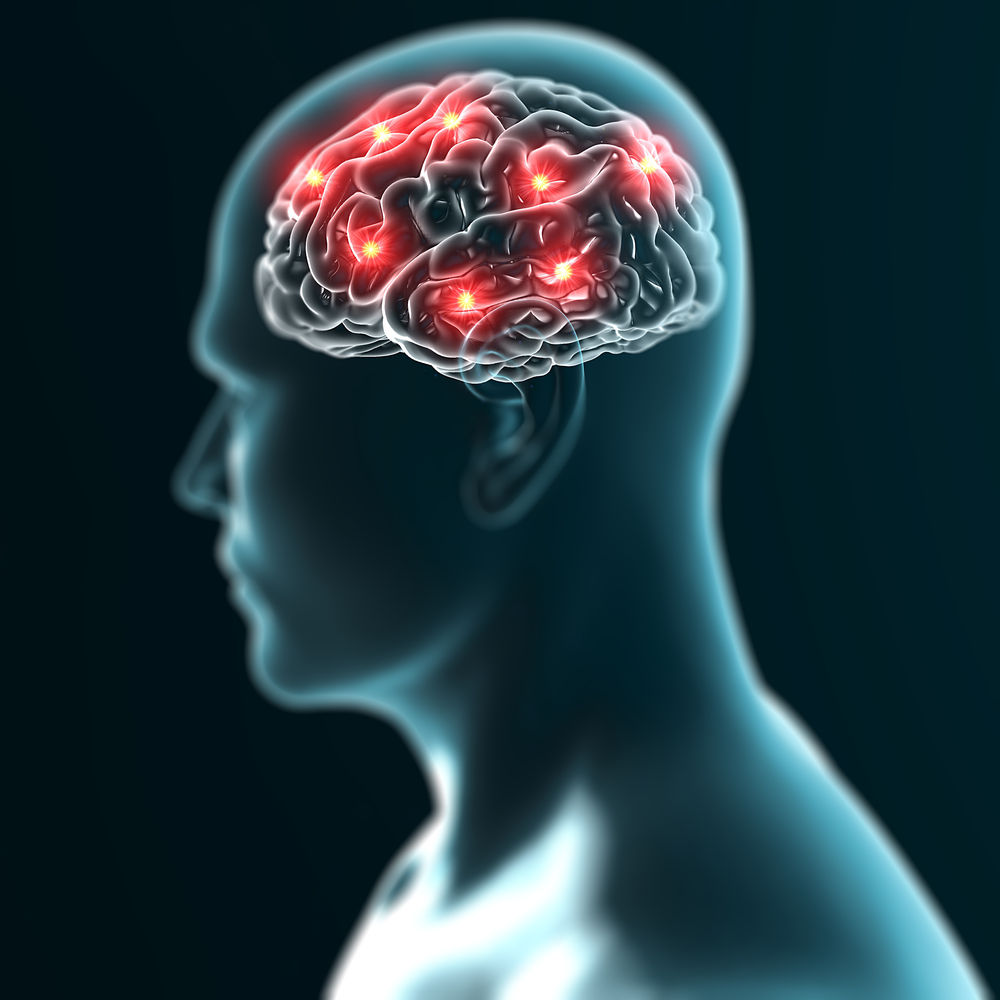 Research from Barcelona on mice with genetic predisposition for Alzheimer's Disease showed that a combination of melatonin and exercise lowered their risk for developing the disease. This combination protected the brain from oxidative stress and from excesses of amyloid and tau proteins. It also improves energy production in the brain, which is what ultimately leads to memory issues and deterioration.
Research from Barcelona on mice with genetic predisposition for Alzheimer's Disease showed that a combination of melatonin and exercise lowered their risk for developing the disease. This combination protected the brain from oxidative stress and from excesses of amyloid and tau proteins. It also improves energy production in the brain, which is what ultimately leads to memory issues and deterioration.
Melatonin is a very powerful hormone with anti-oxidant properties that is often used as a sleeping aid, for jet lag, and as a treatment for cancer. Its major function is to regulate hormone production of most hormone systems in the body. When it is used in milligram doses it is thousands of times the dosages secreted by the pineal gland.
Melatonin and Exercise Help In Alzheimer's Disease
 Here at DoctorSaputo.com, we have over 380 media files that are related to Alzheimer's Disease. If you would prefer to search through them yourself, without the aid of the health assessment, Click Here
Here at DoctorSaputo.com, we have over 380 media files that are related to Alzheimer's Disease. If you would prefer to search through them yourself, without the aid of the health assessment, Click Here




